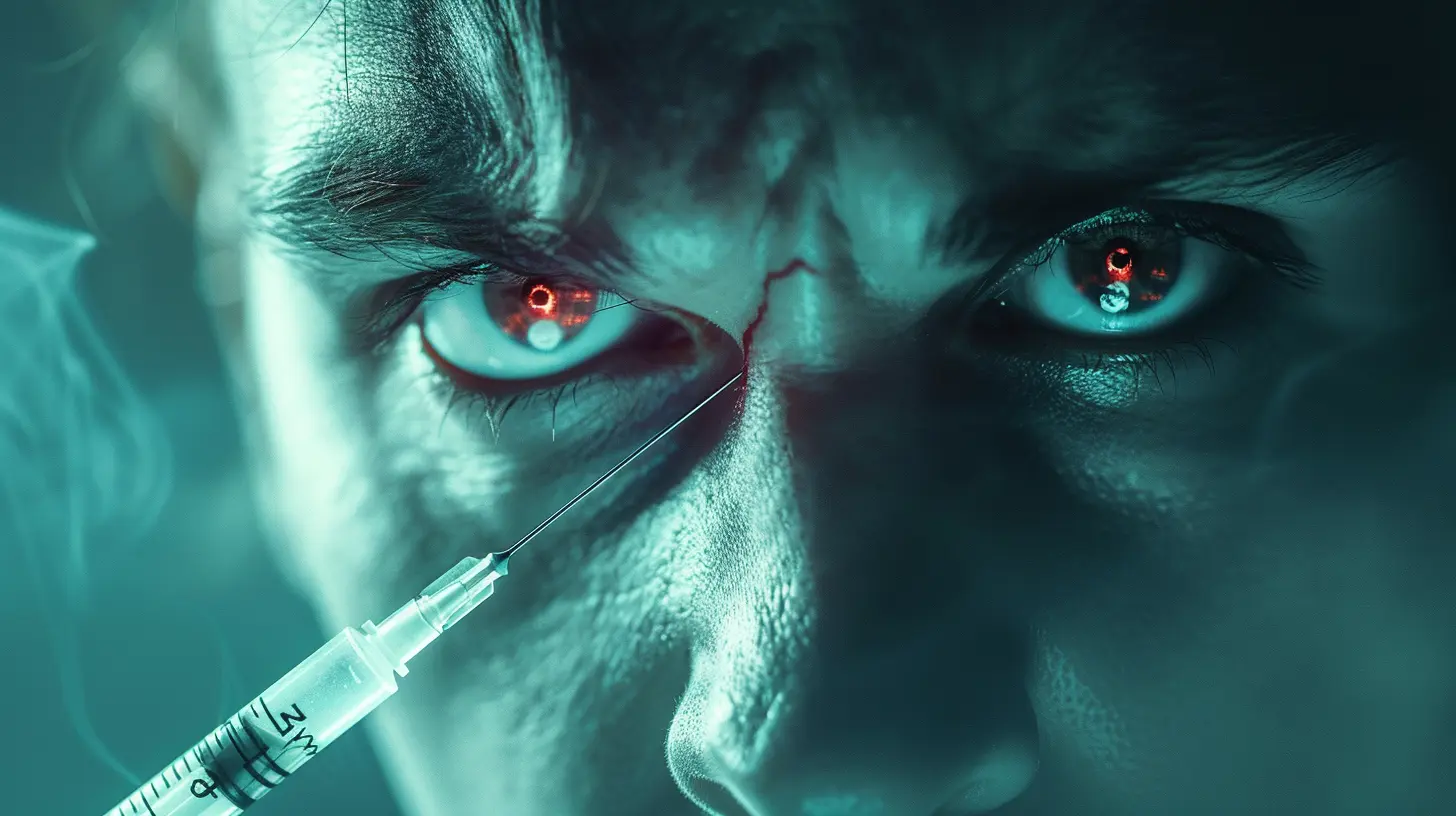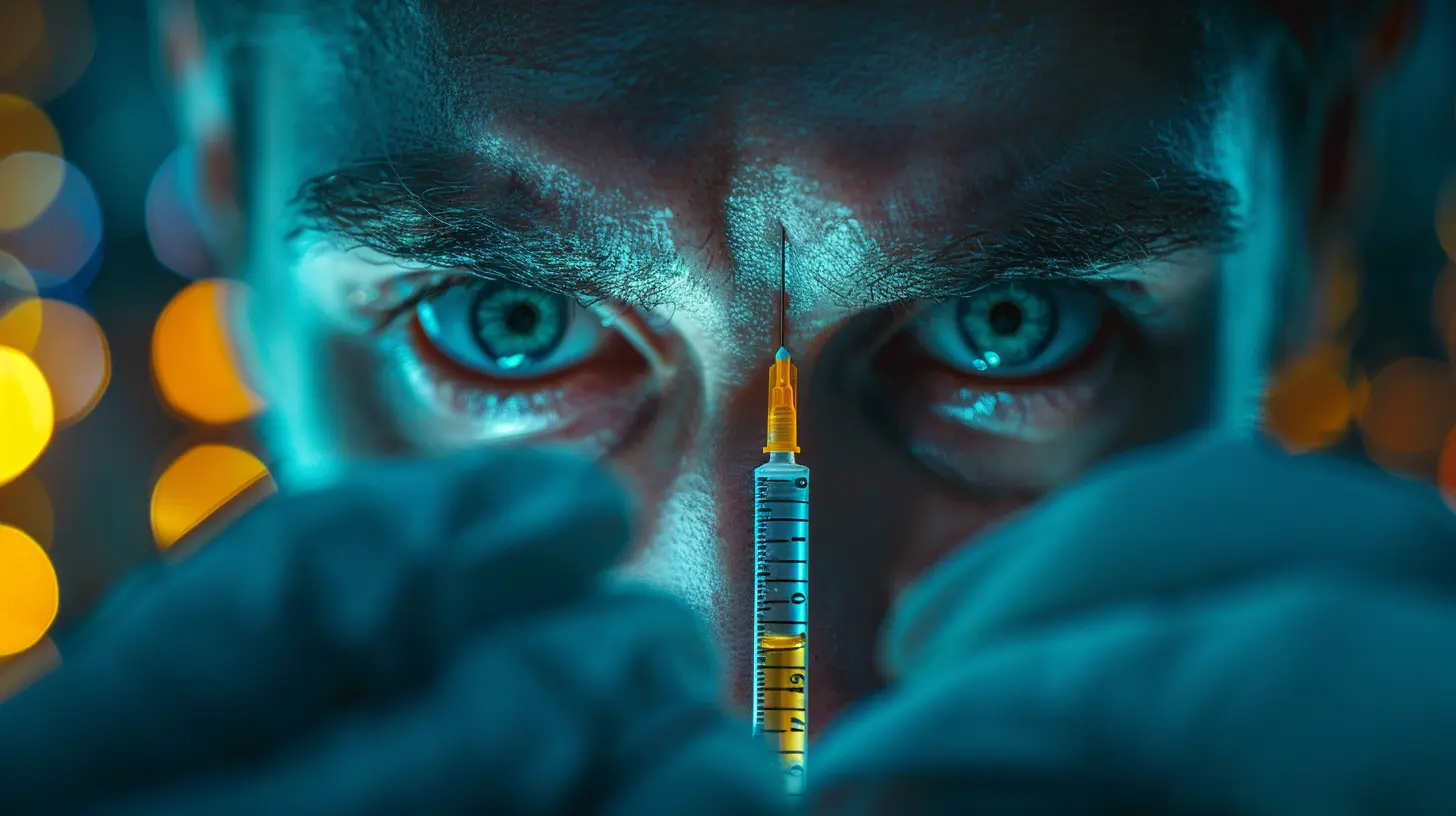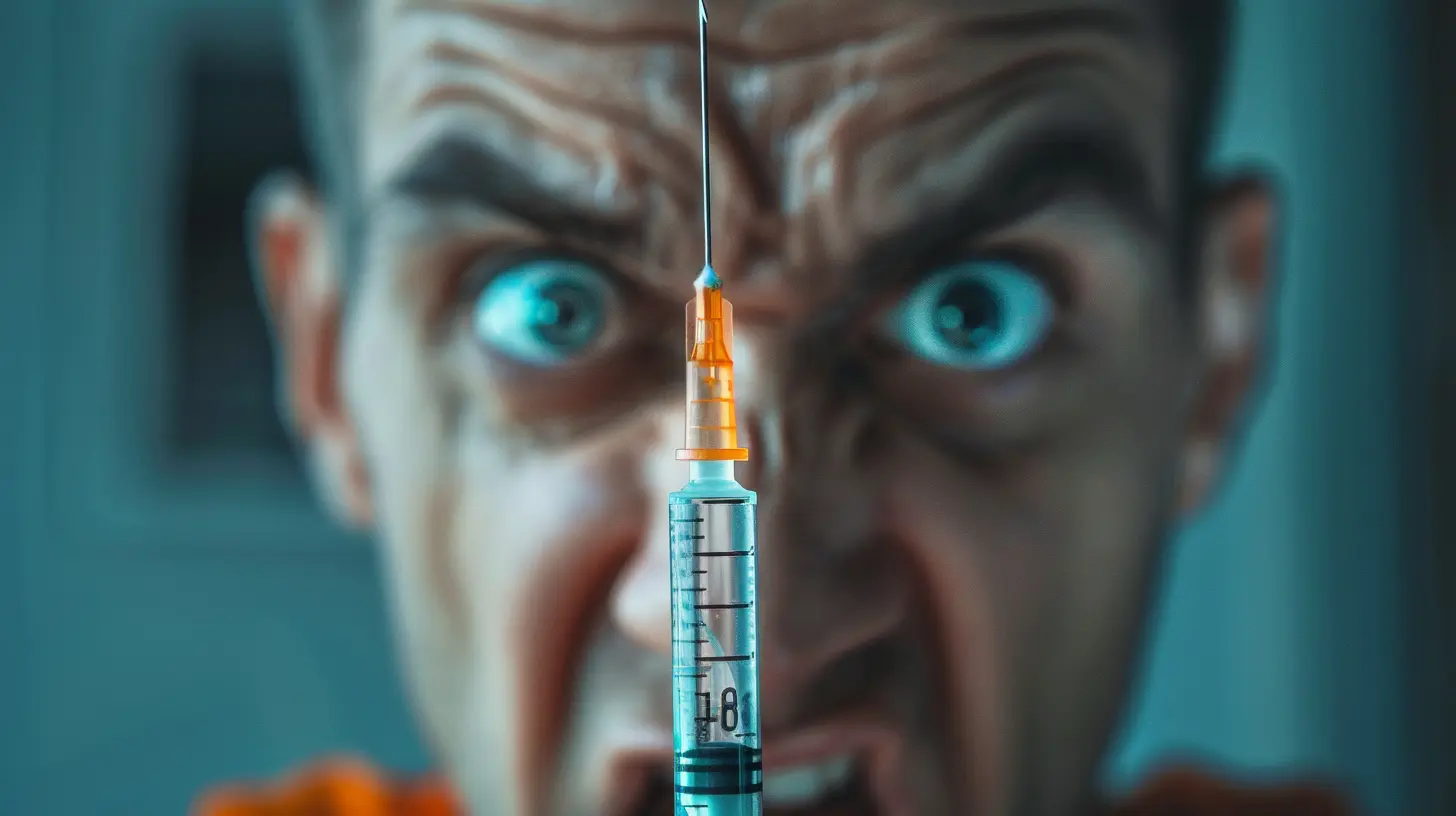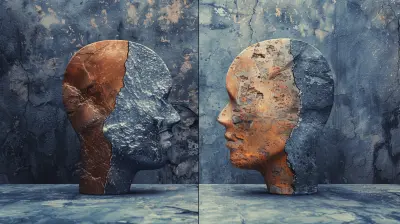Fear of Needles: Why Trypanophobia Is So Hard to Overcome
10 June 2025
Have you ever felt your heart race, your palms get sweaty, or even a strong urge to run when you see a needle? If so, you're definitely not alone. Fear of needles, also known as trypanophobia, is a surprisingly common phobia that affects millions of people worldwide. While it might seem like just a minor inconvenience, for some, it's a serious condition that makes medical treatments, vaccinations, and even routine blood tests a nightmare.
But why is trypanophobia so difficult to conquer? Why do some people seem to handle needles just fine while others panic at the mere thought? Let’s break it down and uncover the science, psychology, and experiences that make this fear so persistent. 
What is Trypanophobia?
First things first—what exactly is trypanophobia? This term refers to an intense fear of medical procedures involving needles, such as injections or blood draws. It goes beyond simply disliking needles; it’s a strong, often uncontrollable fear that can trigger physical and emotional distress.For some, it leads to avoidance behavior, meaning they may refuse necessary medical care to escape the anxiety. Others might experience panic attacks, dizziness, or even fainting at just the sight of a needle. In severe cases, this fear can be debilitating and have serious health consequences. 
Why Is Fear of Needles So Common?
Most fears stem from a logical place. After all, it's natural to be cautious around sharp objects that can cause pain, right? But fear of needles seems disproportionately intense for many people. So, what makes this fear so widespread and hard to shake?1. Evolution and Survival Instincts
Our brains are wired to avoid pain and potential threats. Thousands of years ago, sharp objects, such as fangs or claws, could mean life or death. Even though modern needles are used for medical purposes rather than danger, our primitive brain still perceives them as a threat.This triggers the fight-or-flight response, leading to anxiety, increased heart rate, and even a sudden drop in blood pressure (which explains why some people faint).
2. Bad Experiences in Early Childhood
Many people who fear needles can trace their fear back to a traumatic childhood experience. Maybe they had a painful vaccination, a rough blood draw, or an unpleasant visit to the doctor that stuck with them. When negative emotions are tied to a particular event, our brains associate "needle" = "pain and fear."Over time, this reaction becomes almost automatic, conditioning the brain to panic every time a needle is involved.
3. Fear Passed Down from Family
Believe it or not, fears can be learned. If a parent or sibling has a fear of needles, a child may pick up on their anxiety. If a child regularly hears statements like, "I hate shots" or "This is going to hurt," they might internalize that fear, even if they haven't had a personally bad experience.4. The Pain Factor
No one enjoys pain, but some people are more sensitive to it than others. For those with a low pain threshold, the idea of feeling even the tiniest prick can be overwhelming. Some individuals also have hypersensitive nervous systems, making pain seem more intense than it actually is.5. Loss of Control and Anxiety
For many, the fear isn't just about the needle itself—it's about the sense of helplessness. When getting an injection or blood drawn, you're expected to sit still and comply, even if you're uncomfortable. The inability to control the situation can amplify feelings of panic and fear.
Why Is It So Hard to Overcome?
Knowing where trypanophobia comes from is one thing, but getting over it? That’s a whole different challenge. While some fears lessen over time, needle phobia tends to be stubborn. Here’s why:1. Avoidance Strengthens the Fear
One of the biggest reasons trypanophobia is so tough to beat is because people avoid needles altogether. The more you avoid something, the stronger your fear becomes.Think of it like this: If you never practice public speaking because you're scared of it, your fear will only grow with time. The same applies to needle phobia—the less exposure, the scarier it seems.
2. The Physical Reactions Are Intense
Many phobias trigger anxiety, but needle phobia is unique because it often causes a full-body reaction. Some people experience vasovagal syncope, a reflex that causes blood pressure to drop, leading to fainting.This reaction makes it even harder to get used to needles because the body itself is working against you. Instead of just dealing with anxiety, you're physically fighting dizziness, nausea, and even passing out.
3. The Fear Feels Justified
Unlike irrational fears (like a fear of buttons or balloons), the fear of needles has just enough logic to seem reasonable. Needles can hurt, and they do involve piercing the skin—so it’s harder to convince yourself there's nothing to fear.Since most people dislike needles to some degree, it can feel like your fear is completely valid and unchangeable, making it harder to challenge.
4. Medical Professionals Don't Always Help
Not all healthcare workers are sensitive to needle phobias. Some may brush off the fear as childish or exaggerated, which can make patients feel embarrassed or unsupported. This only adds to the anxiety, making future encounters with needles even more stressful.
How to Overcome Trypanophobia
If you struggle with this fear, the good news is that it’s possible to manage and even overcome it. It takes time, patience, and the right approach, but you don’t have to live in fear of needles forever. Here are some strategies that can help:1. Gradual Exposure Therapy
One of the most effective ways to overcome a phobia is gradual exposure. Instead of avoiding needles, start by getting comfortable seeing pictures of them, then pretend to hold one (safely, of course), and eventually work up to medical situations where you might need one.2. Breathing and Relaxation Techniques
Deep breathing, meditation, and muscle relaxation can help control anxiety and blood pressure. Try the 4-7-8 breathing method:- Breathe in for 4 seconds
- Hold for 7 seconds
- Exhale for 8 seconds
This method calms the nervous system and keeps you from panicking.
3. Use Numbing Creams or Distractions
If pain is your main concern, ask your doctor about numbing creams. These can reduce discomfort and make the experience far less intimidating. Distraction techniques, such as listening to music, watching a video, or squeezing a stress ball, can also help take your mind off the needle.4. Talk to a Therapist
If your fear of needles is crippling, therapy might be a great option. Cognitive Behavioral Therapy (CBT) helps identify negative thought patterns and replace them with rational, calming thoughts. Some therapists also use exposure therapy to help gradually desensitize you to the fear.5. Focus on the Benefits
Remind yourself of why you need the needle in the first place. Whether it’s vaccination, pain relief, or a diagnostic test, the benefits far outweigh the temporary discomfort. Sometimes, shifting your mindset can make a huge difference.Final Thoughts
Fear of needles is nothing to be ashamed of, and you're certainly not alone in it. Trypanophobia is deeply rooted in our instincts, past experiences, and even our biology, making it a tough fear to shake. However, with patience, small steps, and the right techniques, overcoming it is entirely possible.Next time you’re faced with a needle, remember—you’re stronger than your fear!
all images in this post were generated using AI tools
Category:
PhobiasAuthor:

Matilda Whitley
Discussion
rate this article
2 comments
Kason Sharp
This article highlights the deep-rooted nature of trypanophobia and its emotional impact on individuals.
September 4, 2025 at 4:18 PM

Matilda Whitley
Thank you for your insightful comment! I'm glad you found the article's exploration of trypanophobia's emotional impact meaningful.
Alessia Reese
Overcoming trypanophobia is a journey, not a race. Acknowledging your fears is the first step toward empowerment. With patience, support, and gentle exposure, you can reclaim your confidence and redefine your relationship with needles. Remember, every small step forward is a victory worth celebrating!
June 13, 2025 at 4:40 AM

Matilda Whitley
Thank you for your insightful comment! You're absolutely right—acknowledging fears and taking gradual steps is key in overcoming trypanophobia. Each small victory counts!


